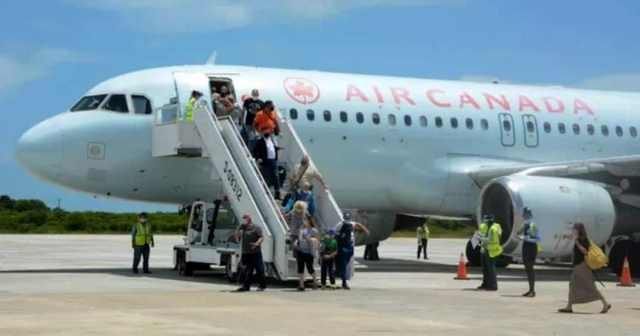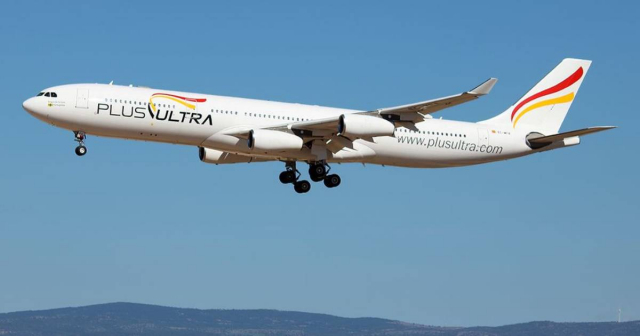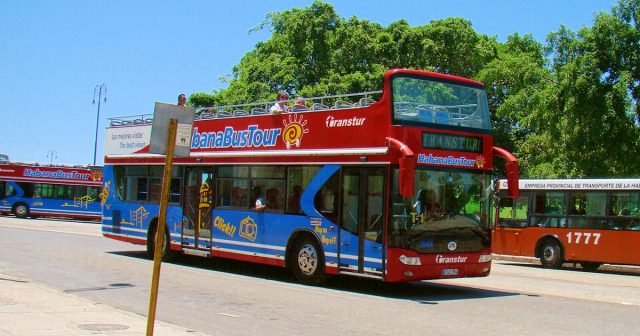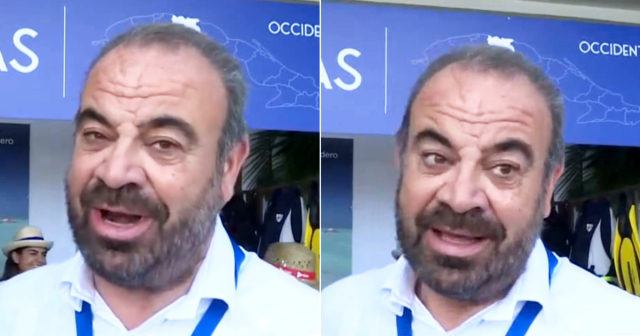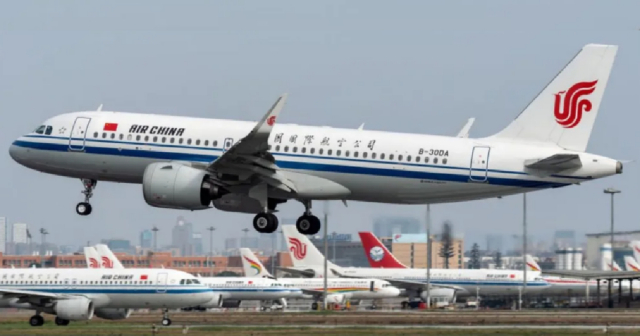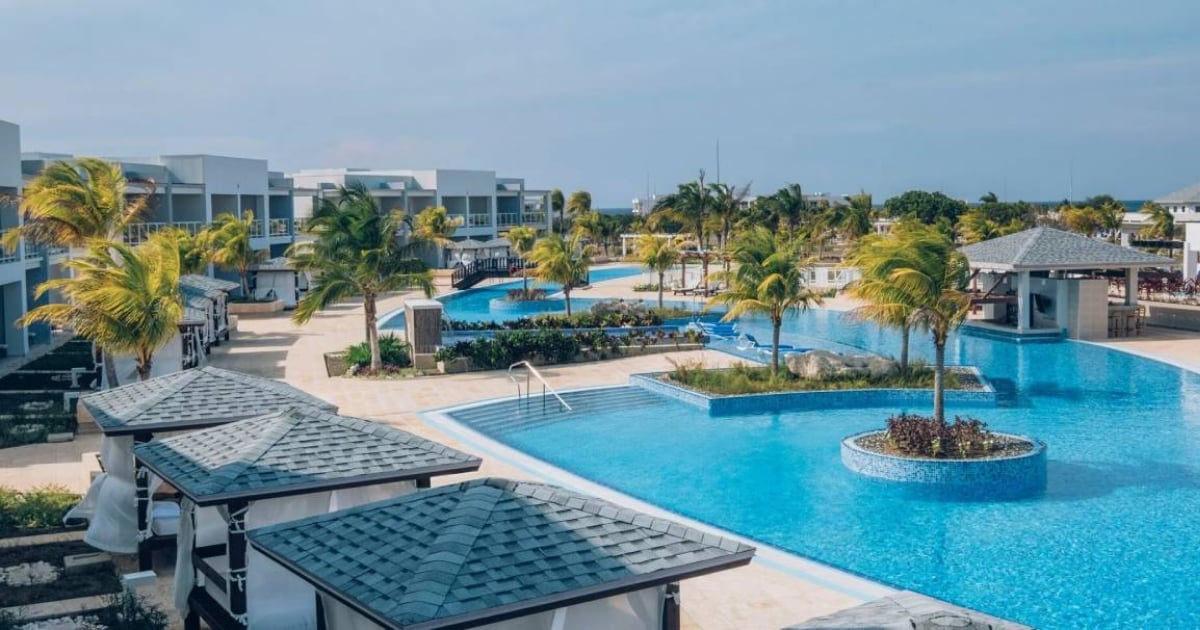
The hotels in Cuba operate with a currency exchange rate which is not the official one, and they call into question the country's monetary regulation.
The regime accuses the independent press outlet elTOQUE to alter exchange rates of foreign currency to induce inflation in Cuba. However, the same government uses these informal market prices to charge for the services it offers to Cuban clients in national currency.
The user Kiki González said on social networks that, after trying to visit the Hotel Atlántico of the Gran Caribe Group in Havana, he detected that the hotel facility offers a rate of almost 400 CUP per USD.
This is a significantly larger number than the official rate of 24 CUP per USD for the public sector and 120 CUP for the private sector. The user said he noticed the discrepancy when seeing the price of a room at 14,445 CUP, equivalent to 37 USD.
This phenomenon is not exclusive to the Hotel Atlántico. Other tourist facilities managed by the Ministry of Tourism also follow this pattern. The situation suggests an unofficial policy that is more aligned with the dynamics of the informal market than with state regulations.
In a price comparison made by elTOQUE, the Hotel Sol Cayo Coco and the Hotel Meliá Santiago de Cuba operate with rates of 194 and 185 CUP per USD, respectively. They offer prices that are prohibitive for the majority of Cubans whose average salary is around 4,000 CUP.
At the Kawama Hotel, an offer for three nights is advertised at 241 USD on the official website and at 48,240 CUP in Havanatur S.A., showing a clear inconsistency in the exchange rate used, in this case it is 1 USD for 199.96 CUP, while that of the "manager" is 1 USD for 283.4 CUP.
The analysis of these practices of the Cuban state hotels raises questions about who really benefits from these inflated rates, and who decides the offers and prices of tourist facilities.
It is also an example of the lack of economic control that exists in the institutions and the corruption that is hidden behind the development of tourism, in a country with an impoverished health and education system and a marked increase in extreme poverty.
The matter reveals the complexity and challenges of the exchange market in Cuba, and reflects the tensions between politics and economic realities in the country.
At the end of 2023, the former Minister of Economy in Cuba, Alejandro Gil, assured that the government would intervene in the informal currency market because "it is a distortion" and they would not let it persist.
"The exchange market is one of the main distortions that the economy is facing and it is not by design. We did not design that exchange market that is operating in the country, but an important part of the foreign exchange that non-state acquirers do so in that market," Gil said.
Five months have passed since those statements. Gil is currently imprisoned and accused of corruption by the regime.
The dollar exchange rate in the informal market continues to rise in the irregular market. This Monday, one USD is sold for 395 CUP, one euro reaches 400 CUP and the freely convertible currency sets a record of 308 CUP.
What do you think?
COMMENTFiled in:


